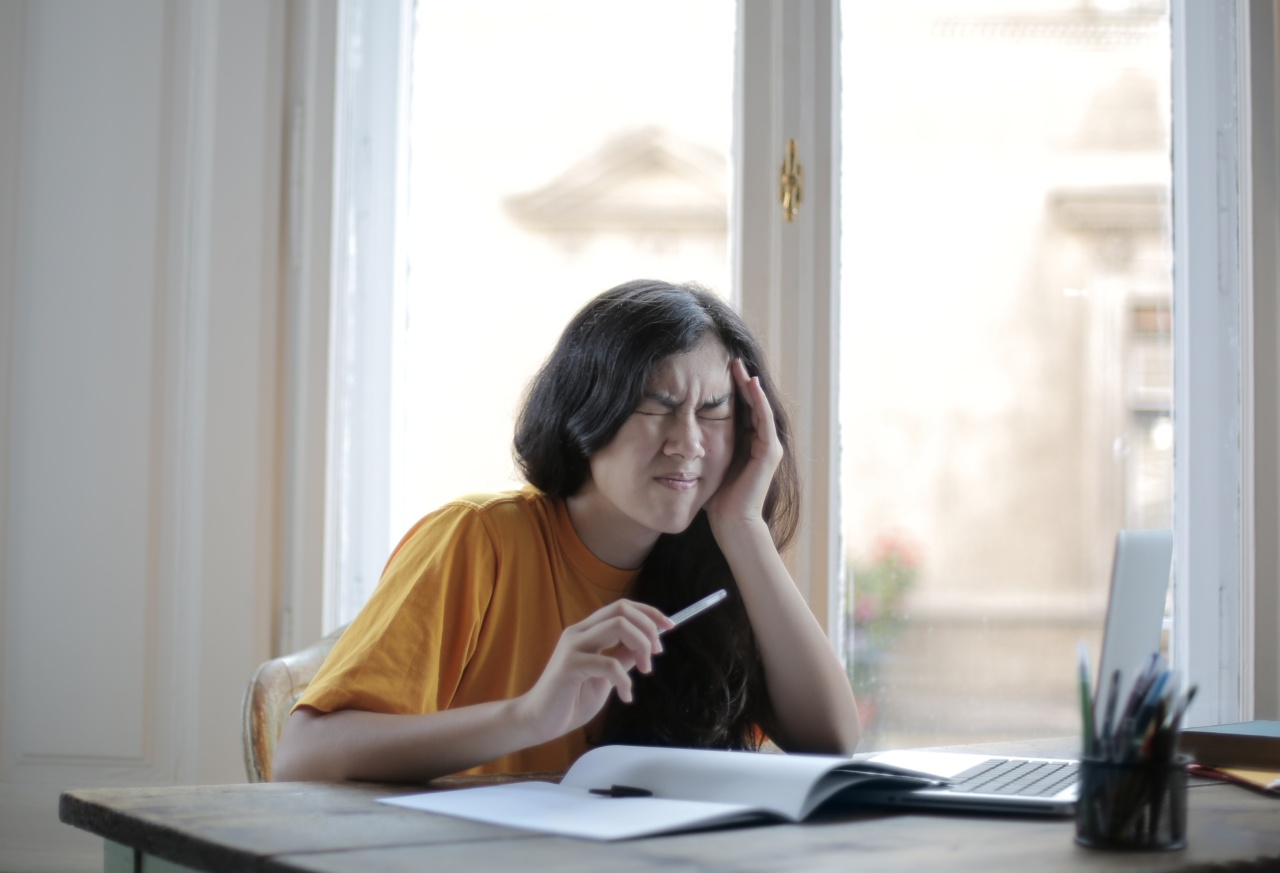Knee pain is a common ailment that affects millions of people worldwide. It can significantly impact individuals’ quality of life, limiting their mobility and overall well-being.
Interestingly, recent research has suggested a connection between knee pain and depression. This correlation highlights the need for a holistic approach to managing knee pain, which considers the physical and mental aspects of the condition.
In this article, we will delve into the relationship between knee pain and depression, exploring potential causes, symptoms, and effective treatment options.
The Link between Knee Pain and Depression
Medical professionals have long acknowledged that chronic pain can contribute to the development of depression.
The constant physical discomfort associated with knee pain can lead to a decreased ability to perform daily activities, reduced social engagement, and an overall lower quality of life. Additionally, the limitations imposed by knee pain may prevent individuals from participating in activities they once enjoyed, further exacerbating feelings of sadness and isolation.
Furthermore, studies have shown that inflammation in the body, often observed in conditions such as arthritis, can also contribute to the onset of depression.
Inflammation releases certain chemicals in the brain that can disturb the balance of neurotransmitters responsible for mood regulation.
Causes of Knee Pain and Depression
Knee pain can arise from various factors, including:.
1. Osteoarthritis
Osteoarthritis is one of the leading causes of knee pain, particularly among older adults. It occurs when the protective cartilage in the knee joint wears down over time, leading to pain, stiffness, and swelling.
2. Rheumatoid Arthritis
Rheumatoid arthritis is an autoimmune disease that causes chronic inflammation in the joints, including the knees. This condition can lead to persistent knee pain and joint damage.
3. Injuries
Accidents, sports-related injuries, or trauma to the knee can cause acute or chronic pain. Ligament tears, meniscus injuries, and fractures are common knee injuries that may contribute to the development of knee pain and, subsequently, depression.
4. Overuse and Strain
Repetitive motions, excessive physical activity, or improper form during exercise can strain the knee joints, leading to pain and discomfort.
Overuse injuries are prevalent among athletes or individuals who engage in activities that place repetitive stress on the knees, such as running or jumping.
5. Weight-Related Factors
Being overweight or obese puts excessive pressure on the knee joints, resulting in pain and increased risk of conditions like osteoarthritis. The psychological impact of being overweight can also contribute to feelings of depression.
Recognizing the Symptoms
Identifying the symptoms associated with knee pain and depression is crucial for seeking appropriate treatment. Common signs and symptoms may include:.
1. Knee Pain
Individuals may experience varying degrees of knee pain, ranging from mild discomfort to severe, debilitating pain. The pain may be sharp, dull, or achy, and it can worsen with movement or certain activities.
2. Stiffness
A feeling of stiffness and limited range of motion in the knee joint is often reported by individuals with knee pain. Simple tasks such as bending, squatting, or climbing stairs may become challenging.
3. Swelling and Inflammation
Inflammation in the knee joint may result in swelling and redness around the affected area. This can further restrict mobility and contribute to the overall discomfort.
4. Fatigue and Sleep Disturbances
Chronic pain, including knee pain, can interfere with sleep patterns, leading to fatigue and daytime sleepiness. Disrupted sleep can also negatively impact mood, increasing the risk of depression.
5. Changes in Mood and Behavior
Individuals may experience a range of emotional changes, such as persistent sadness, irritability, social withdrawal, and loss of interest in previously enjoyed activities. These symptoms can indicate the presence of underlying depression.
Treatment Options for Knee Pain and Depression
Managing knee pain and depression requires a comprehensive approach that addresses both the physical and mental aspects of the conditions. Here are some effective treatment options:.
1. Physical Therapy
Physical therapy plays a vital role in strengthening the muscles around the knee joint, improving mobility, and reducing pain. It can be particularly beneficial for individuals with osteoarthritis or knee injuries.
2. Medications
Nonsteroidal anti-inflammatory drugs (NSAIDs) and pain relievers can help alleviate knee pain caused by inflammation or injury. Additionally, antidepressant medications may be prescribed to manage depression symptoms.
3. Lifestyle Modifications
Implementing healthy lifestyle changes can alleviate knee pain and improve overall well-being.
Maintaining a healthy weight, engaging in low-impact exercises such as swimming or cycling, and adopting a balanced diet rich in anti-inflammatory foods can all contribute to pain reduction.
4. Cognitive-Behavioral Therapy (CBT)
Cognitive-Behavioral Therapy is a form of psychotherapy that can help individuals address negative thought patterns and develop coping strategies for managing pain and depression.
5. Support Groups
Joining support groups or seeking counseling can provide individuals with knee pain and depression a platform to share experiences, receive emotional support, and learn coping techniques from others facing similar challenges.
Conclusion
Recognizing the connection between knee pain and depression is essential for effective treatment and overall well-being.
By addressing both the physical and mental aspects of knee pain, individuals can improve their quality of life and regain control over their health. Seeking appropriate medical care, adopting healthy lifestyle habits, and engaging in therapy can significantly contribute to managing knee pain and alleviating depression symptoms.





























